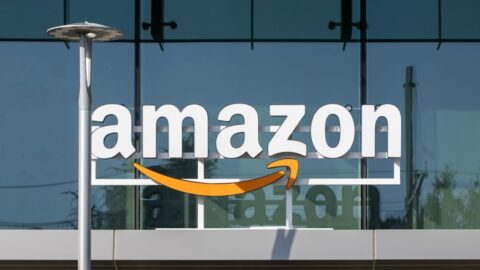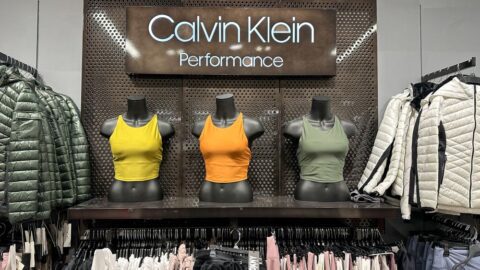 Business executives are nervous right now, following the most severe daily stock market decrease in four years. Upon closing on August 24, the Dow Jones index dropped more than 586 points, down more than 3.56%. Within the first six minutes of trading, the Dow dipped more than 1,000 points before rebounding within the hour, as fears of slowing economic growth in China left global markets panicking. The drop was the worst daily point decline since Aug. 8, 2011.
Business executives are nervous right now, following the most severe daily stock market decrease in four years. Upon closing on August 24, the Dow Jones index dropped more than 586 points, down more than 3.56%. Within the first six minutes of trading, the Dow dipped more than 1,000 points before rebounding within the hour, as fears of slowing economic growth in China left global markets panicking. The drop was the worst daily point decline since Aug. 8, 2011.
The loss comes on the heels of the previous trading day, August 21, when the Dow lost about 530 points — down 3.1% upon closing in New York.
The declines affected public companies across all industries, with retail being no exception. Now priced at $63.93, dropping 3.92% during the day, Walmart is at its lowest price since May 2012. Target dropped 3.89% to 75.35, reaching its lowest value since January 2015, while Costco fell 4.15% to $133.22 marking its October 2014.
But retailers with strong Q2 financial results and an ensuing stock price increase weren’t as affected by the crash. Amazon plummeted 5.66% upon closing, falling to $466.50, but still remains ahead of its July 14 value of $465.57. The Home Depot dipped 3.02% to $112.65, but also stayed ahead of its $111.38 share price on July 9.
Given the timing of the crash, industry experts are concerned that the retail industry feel the effects during the upcoming holiday season, which begins to heat up in October. Many retailers already have placed their orders for items they are looking to sell during the holiday season, according to Steve Barr, U.S. Retail and Consumer Sector Leader at PwC.
“The worst thing for the retailers is something that happens immediately before the holiday season,” Barr said in an interview with CNBC. “The timing here is that this has the potential to impact all of the major buying cycles.”
Despite the recent economic woes, Jack Kleinhenz, Chief Economist at the National Retail Federation (NRF), remained confident that the market decline did not indicate that the economy would head into another recession. He referred to the stock volatility as an “overreaction to fears of a global slowdown” and that it was “too soon to make any changes to the near-term outlook for U.S. economic growth and consumer spending.”
In July, the NRF lowered its economic forecast for the year from an initial 4.1% growth to a 3.5% gain, citing unexpected slow growth recorded in the first half of the year.












